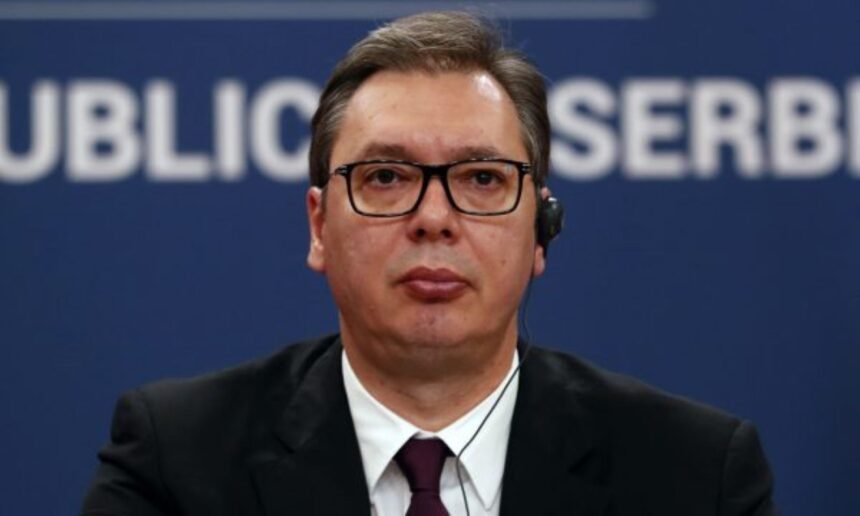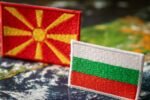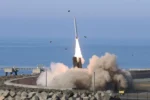Serbian President Aleksandar Vučić stated on Monday that the Serbian List (Srpska Lista) achieved a “great and important victory for Serbia” in the parliamentary elections held on February 9th in Kosovo, highlighting “the strong commitment of the Serbian people to preserve their homes and rely on their Serbia.”
“They [Serbs in Kosovo] have their own president, their own homeland, and they love that homeland, Serbia, more than anything in the world. I am infinitely grateful to them, and they have shown how a people behaves responsibly and seriously in a difficult situation,” Vučić said during an interview with Pink TV.
Vučić emphasized that he “doesn’t want” to speculate or “interfere in Albanian relations,” but added that anyone who forms a government with Albin Kurti “would be politically dead.”
With 99 percent of the votes counted from the February 9th elections, the Serbian List – the largest Serbian party in Kosovo, which enjoys full support from the official government of Belgrade – secured 36,784 votes, or 4.43 percent.
Meanwhile, the Party for Freedom, Justice, and Survival of Nenad Rašić received around 3,861 votes, or 0.46 percent.
Vučić added that the Serbian List, “despite its weaknesses, flaws, and mistakes, has managed to win the greatest trust of Serbs in Kosovo.”
However, according to current results, the Serbian List lost nearly 15,000 votes compared to the 2021 parliamentary elections.
Rašić, on the other hand, increased his support by around 2,000 votes.
Other political entities from the Serbian community that participated in the February 9th elections will not enter the Kosovo Assembly.
Democratic Serbia of Aleksandar Arsenijević received around 1,700 votes, the Serbian People’s Movement of Branimir Stojanović received around 1,405 votes, the People’s Justice Civic Initiative received around 597 votes, and the Kosovo Serbs Party received 348 votes.
Since its establishment in 2013, the Serbian List has won over 90 percent of the votes from the Serbian community in all elections it has participated in. However, the EU Monitoring Mission has noted the “monopoly and pressures” from its officials.
In the last two years, the party has pursued a “boycott policy,” in line with its decision to withdraw from Kosovo’s institutions in the north.
It remains unclear whether, in the upcoming period, the Serbian List will actively participate in Kosovo’s institutions or continue its boycott.







